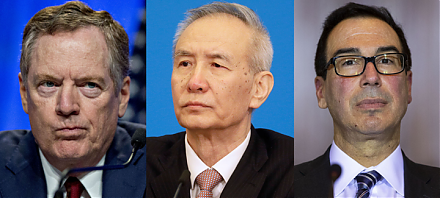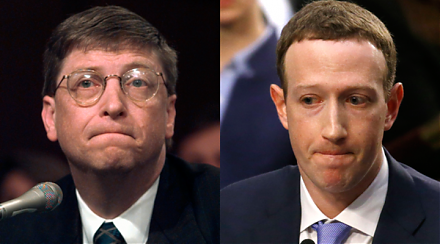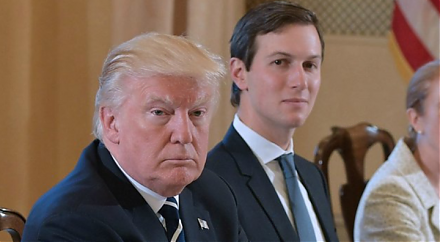

2019-07-11 10:48:00 Thu ET
technology antitrust competition bilateral trade free trade fair trade trade agreement trade surplus trade deficit multilateralism neoliberalism world trade organization regulation public utility current account compliance
France and Germany are the biggest beneficiaries of Sino-U.S. trade escalation, whereas, Japan, South Korea, and Taiwan suffer from the current trade standoff. U.S. Commerce Secretary Wilbur Ross reiterates that President Trump still may impose tariffs on all of the other $325 billion Chinese imports if the Xi administration fails to agree with the U.S. to deliver a bilateral trade deal.
Barclays economic research head Christian Keller emphasizes in his recent report that the additional U.S. tariffs may lead to trade substitution with fresh opportunities for France and Germany to garner greater export market shares worldwide. Euro area exposure concentrates in Chinese computer and electronic exports and U.S. transport equipment exports.
As France and Germany choose to accommodate Chinese export diversions, this transition may result in primary economic repercussions in light of U.S.-E.U. trade negotiations. On the other hand, Japan, South Korea, and Taiwan rely heavily on trade linkages with the Chinese economy. As Asia Pacific chief economist Steve Cochrane suggests, these industrial tiger economies face substantive exposure to Chinese consumers and electronic supply chains. In recent times, the East Asian economies experience hefty stock market losses due to the current trade standoff between China and the U.S. amid trade deal uncertainty.
If any of our AYA Analytica financial health memos (FHM), blog posts, ebooks, newsletters, and notifications etc, or any other form of online content curation, involves potential copyright concerns, please feel free to contact us at service@ayafintech.network so that we can remove relevant content in response to any such request within a reasonable time frame.
2019-02-15 11:33:00 Friday ET

President Trump is open to extending the March 2019 deadline for raising tariffs on Chinese imports if both sides are close to mutual agreement. These bilat
2018-11-01 08:36:00 Thursday ET

Ford and Baidu team up to test autonomous cars in China. For the next few years, Ford and Baidu plan to collaborate on the car design and user acceptance te
2018-09-13 19:38:00 Thursday ET

Bill Gates shares with Mark Zuckerberg his prior personal experiences of testifying on behalf of Microsoft before U.S. Congress. Both drop out of Harvard to
2018-01-06 07:32:00 Saturday ET

Subsequent to the Trump tax cuts for Christmas in December 2017, the one-year-old Trump presidency now aims to make progress on health care, infrastructure,
2017-07-25 10:44:00 Tuesday ET

NerdWallet's new simulation suggests that a 25-year-old millennial who earns an inflation-free base salary of $40,456 and saves 15% each year faces a 99
2017-12-21 12:45:00 Thursday ET

Tony Robbins summarizes several personal finance and investment lessons for the typical layperson: We cannot beat the stock market very often, so it w